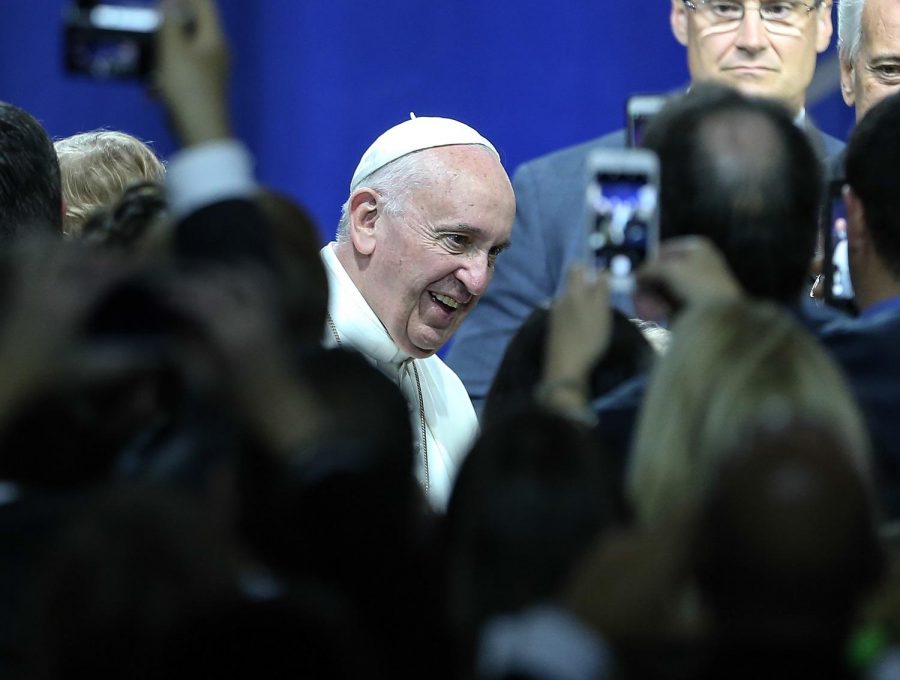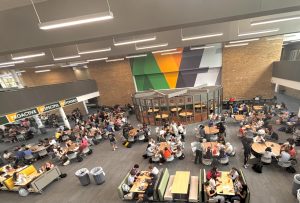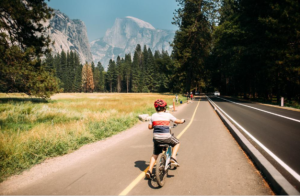Pope Francis criticized for recent meeting
The Pope came to America for the first time this september. During his time he came to Washington, DC, New York and Philidelphia. At each place he gave sermons and held meetings
September 30, 2015
The brief meeting between Kim Davis and Pope Francis at the Apostolic Nunciature in Washington, DC during the Pope’s visit to America has left a large impact on the American people and continued to provoke discussion about its purpose.
Kentucky County clerk, Davis made headlines after she refused to issue marriage licenses to same sex couples due to her religion and was jailed for six days.
Magazine, Inside the Vatican said, “[this is] arguably, the most significant meeting, symbolically, of the [pope’s] entire trip.”
Davis, who is an an Apostolic Christian, said the pope told her to stay strong and gave her and her husband two rosaries, which they would give to Davis’ parents, who are Catholic.
Since the meeting, Davis has been under fire for framing the meeting as a showing of support from the Pope towards her actions.
In a statement, Davis said, “Pope Francis was kind, genuinely caring, and very personable. He even asked me to pray for him. Pope Francis thanked me for my courage and told me to ‘stay strong.’ ”
Davis also told ABC News, “Just knowing the Pope is on track with what we’re doing, and agreeing, you know, kind of validates everything.”
Since these statements, The Holy See spokesman later issued a statement saying the Pope’s meeting with Davis should not be considered a form of support of Davis’s complex situation.
NPR’s Sylvia Poggioli reports, “[The meeting] had the appearance of having been furtive and contrasted with Francis’ open and transparent style. It also cast a shadow over the pope’s overwhelmingly successful visit to the United States.”
According to NPR, Father Thomas Rosica, English language assistant at the Holy See Press Office, says that Pope Francis may not have understood “the impact” a visit with Davis might have in the American people.





![Mock Trial members from Gold and Green team last year pose for a picture in front of the OCLRE building in Columbus. "We all put in so much work [last] year. I know [this] year we’ll come back improved and ready to win!” said Ogunbodede.](https://shsleaf.org/wp-content/uploads/2025/10/IMG_4121-300x205.jpg)

